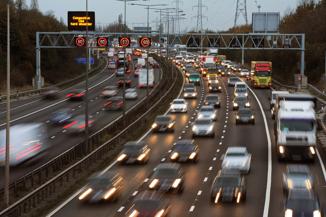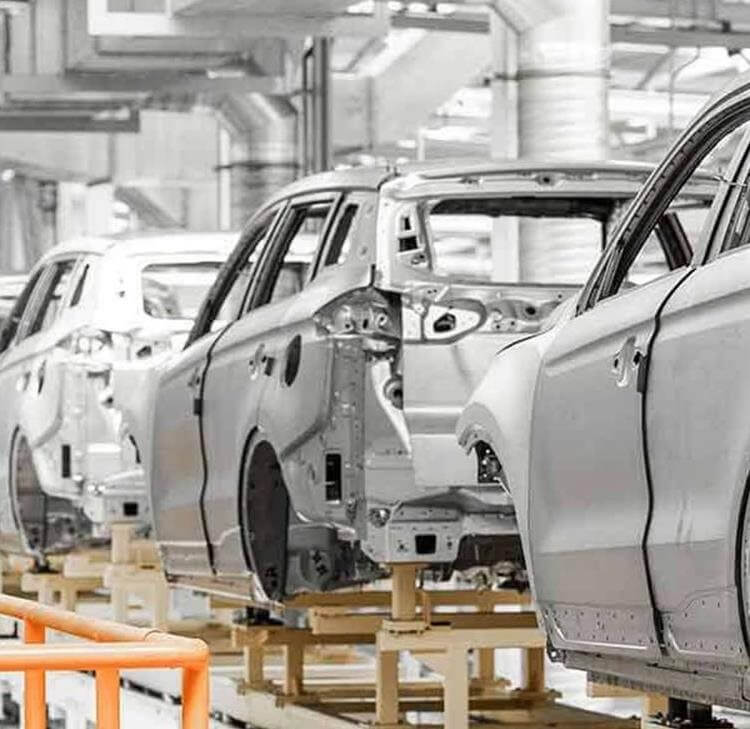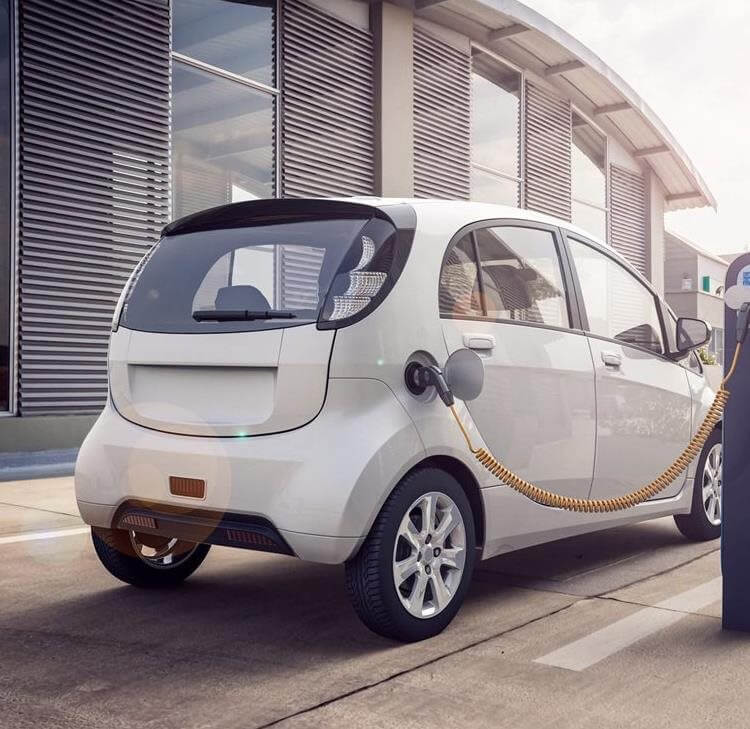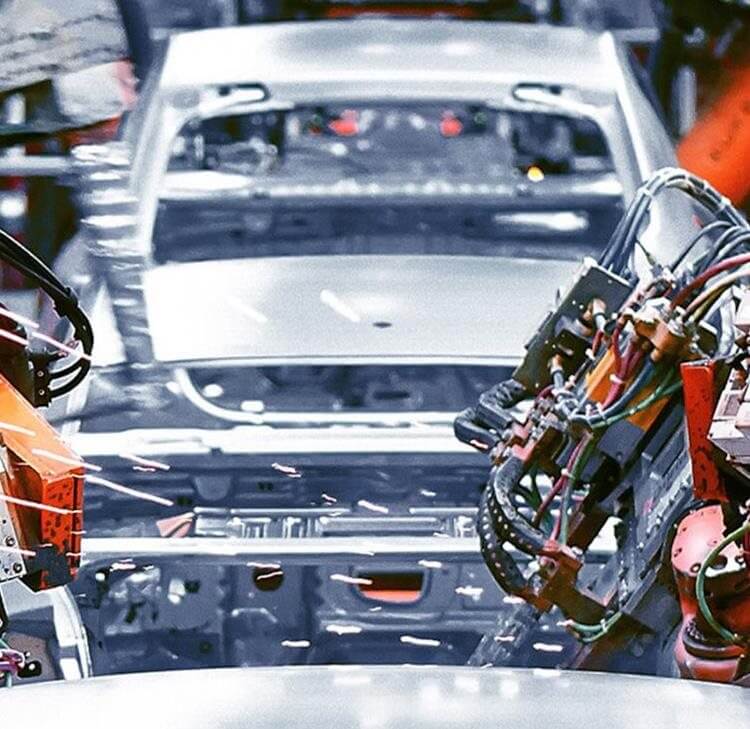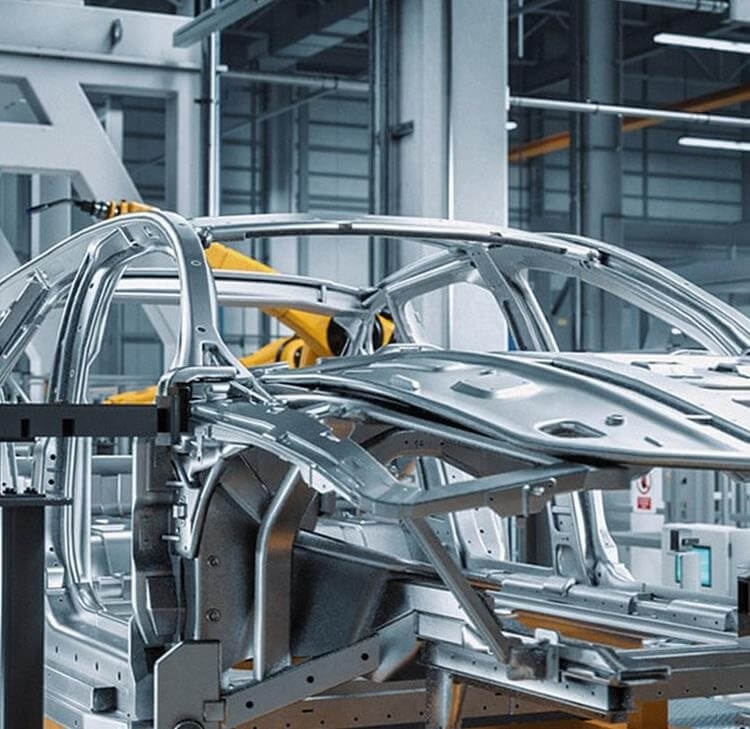In response to the increasing number of electric (EVs) and hybrid (HEVs) vehicles available in the UK market, alongside accelerating diversification of vehicle types , the Advertising Standards Authority (ASA) issued non-exhaustive guidance on advertising electric vehicles on 5 June 2024 (the Guidance).
The non-exhaustive list includes electric vehicles or battery electric vehicles (EVs or BEVs), hybrid electric vehicles (HEVs), mild hybrid electric vehicles (MHEVs) and plug-in hybrid vehicles (PHEVs).
What is the ASA's non-exhaustive guidance on advertising electric vehicles?
The aim of the Guidance is to help businesses avoid misleading consumers about the technical specifications and environmental credentials of EVs.
To achieve this, the Guidance specifically urges businesses to be entirely clear in the advertising of the given vehicle’s source(s) of power, as well as outlining in what circumstances claims of zero emissions and environmental benefit can be made compliantly.
Why has the ASA issued non-exhaustive guidance on advertising electric vehicles?
The Guidance has been issued against a backdrop of rising numbers of greenwashing complaints in the UK and the subsequent tightening of the regulatory framework surrounding misleading advertising of this nature. Greenwashing involves companies issuing misleading or even false claims about the environmental credentials and benefits of a given product or practice for the wider intention of increasing sales or revenue.
For example, the Competition and Markets Authority’s (CMA) issued a Green Claims Code in 2021 and has in 2024 required undertakings from a number of well-known businesses that were making environmental representations that they could not substantiate.
The ASA Guidance is linked to several of its rulings concerning greenwashing claims, which are certainly enlightening for automotive sector companies intending to advertise EVs.
Three key themes arise from the ASA Guidance and the ASA rulings over the last few years, which we set out and analyse in points 1 to 3 below:
1. Claims relating to the type of vehicle being advertised and the vehicle’s source(s) of power
In the ASA ruling on Nissan Motor (GB) Ltd t/a Nissan Motor (GB) Ltd (2023), the ASA assessed that the role petrol had in powering the Nissan car in question was unclear from the advert. Also, as the advert focussed on electricity, consumers (who would not understand how 'e-Power'’ differed to other forms of HEV technology), were likely to understand that the car was a better choice for the environment than traditional internal combustion engine vehicles. As the vehicle required petrol to power the electric motor, tailpipe emissions would be produced and so this implied advertising claim was also found to be misleading.
This ruling indicates that automotive sector companies looking to advertise HEVs must ensure that they are entirely clear about the type of vehicle being advertised and the vehicle’s source(s) of power. Ultimately, they should be wary of leaving any room for ambiguity in the provenance and environmental credentials of the vehicle in question.
2. Claims relating to advertisements for models within a range which have different specifications
In the ASA ruling concerning BMW (UK) Ltd (2017), the ASA considered an advert used as part of a campaign that promoted a range of cars, including an EV model and a HEV model with a small internal combustion engine. The ASA ruled that there was enough ambiguity in the advert for it to be unclear whether the claims of zero emissions were in relation to the EV model only, or whether this included the HEV model also.
Ultimately, this ruling once again highlights how important it is for automotive companies that want their advertising to be compliant to be entirely clear in their advertising, and specifically, that caution must be taken to clearly illustrate the variations in the environmental credentials of EVs and HEVs that are advertised as a range, where such credentials and specifications vary across the models.
3. Claims relating to advertisements asserting broader environmental benefits than can be justified and emphasising 'zero/no emissions'
Also in BMW (UK) Ltd the ASA ruled that automotives advertising their vehicles need to make it clear that any claims of 'zero emissions' refer only to the 'driving' of the vehicles. The advert also needs to make clear to consumers that owning and driving the EV does not necessarily have a net benefit on the environment. If any such claim is made it will be considered misleading if the advertiser cannot provide evidence that it is true, taking into account the vehicle’s full life cycle. Here BMW’s messaging that owning the advertised vehicle “helps to give back to the environment” was found to be misleading.
Similarly, in another upheld complaint against BMW in February 2024, the ASA concluded that, when automotives advertise that an EV is a 'zero emissions' vehicle, it must be made clear this only refers to when the vehicle is being driven and not also in respect of the manufacturing or charging of the vehicle. The ASA’s ruling here seems to suggest that they are trying to prevent automotives from purportedly benefiting from not being clear in their advertising about the three forms of direct and indirect 'Scope' emissions.
This recent ASA decision highlights that automotives must ensure that any claims in their advertising around the environmental benefits of EVs, which are not restricted to the driving of the vehicle, reflect its entire life cycle and are justified by the evidence.
Key points for automotive brands
Despite recent ASA Guidance being considered as non-exhaustive, automotives need to be wary of the growing regulatory framework surrounding advertising both EVs and HEVs, such as the CMA’s Green Claims Code, and also Guidance from the Committee of Advertising Practice (CAP) .
The timing of this Guidance from the ASA, should be given due consideration by automotives, with the UK Digital Markets, Competition and Consumers Act (DMCC), having received Royal Assent on 24 May 2024 with the expectation of coming fully into force later this year. Notably, the DMCC will grant the CMA stronger enforcement powers such as the ability to fine companies up to 10% of global turnover for consumer protection law breaches, as well as to award compensation to consumers. The ASA and the CMA work closely together in this area. The upshot of these developments is that automotives who mislead their consumers will shortly be risking financial penalties, which will not only be directly impactful on the companies’ finances, but also their public image.
Overall, the ASA Guidance highlights a clear trend of cracking down on misleading environmental advertising, which all businesses, not just automotives, should be paying close attention to. But now more than ever with the stark rise in the popularity of EVs and HEVs in the UK and abroad, the automotive sector needs to ensure they are closely following the Guidance and regulation when advertising the environmental credentials of their range to consumers.
With thanks to James Sanderson (vacation student) for his assistance.
Authors

Joe Davis
Principal Associate
Contact

Mark Hickson
Head of Business Development
onlineteaminbox@brownejacobson.com
+44 (0)370 270 6000
Related expertise
You may be interested in...
Legal Update
Autumn Budget 2025 sector predictions: Retail
Guide
Counterfeit automotive parts: Car manufacturer and dealer risks
Press Release
Browne Jacobson advises Phenna Group as it expands its presence in Ireland
Opinion
Motor injury claims on the rise in European markets
Legal Update - Retail law roundup
Retail law roundup: September 2025
Legal Update
Exploring bi-directional charging: The future of EV technology
Legal Update
A spotlight on motor insurance claims costs
Legal Update - Retail law roundup
Retail law roundup: August 2025
Legal Update
Admiral sets aside £50m for customer compensation
Legal Update
English Devolution Bill: Is it the end of upwards-only rent reviews?
Legal Update
Compliance obligations under the EU Batteries Regulation
Legal Update
Anticompetitive practices in Ireland's motor industry under scrutiny by the CCPC
Legal Update
Government plans to ban upwards only rent reviews catch everyone by surprise
Legal Update
Distribution in the UK and the EU
Legal Update - DMCC Act
The DMCC Act and consumer protection: Unfair commercial practices
Legal Update - DMCC Act
The DMCC Act and consumer protection: Investigation, fines and other measures which the CMA can take
Legal Update - DMCC Act
The DMCC Act and consumer protection: Misleading pricing and drip pricing
Guide - Autonomous vehicles
Autonomous vehicles in the UK: Where are we now?
Press Release
US-UK trade deal: Reaction from Browne Jacobson lawyers
Legal Update
Advertising trends: Influencers, intellectual property and image rights
Legal Update
US tariffs: Implications for the UK automotive sector and practical steps for businesses
Legal Update
Navigating the road ahead: Fate of the UK’s automotive EV market in 2025 and beyond
Legal Update
UK court clarifies copyright protection for "works of artistic craftsmanship"
Legal Update - Autonomous vehicles
The future of transportation: The UK's approach to automated vehicles
Press Release
Corporate sector: 2025 predictions
Legal Update - Autonomous vehicles
When roads diverge regulating autonomous vehicles: EU v UK approaches
Legal Update
Insurability by design: Increased transparency for vehicle manufacturers and insurers
Legal Update
Delivering EV charging infrastructure: The local government perspective
Guide
Guidance for manufacturers of EVs and HEVs in the UK: ASA's non-exhaustive electric vehicle advertising guidance
Legal Update - Autonomous vehicles
Changing lanes: Automated Vehicles Act 2024 becomes law
Legal Update - Autonomous vehicles
Update: Further debates on the Automated Vehicles Bill in the House of Lords this month
Legal Update - Autonomous vehicles
King’s Speech gives the green light for autonomous vehicles
Opinion - Autonomous vehicles
An Update on Autonomous Vehicles and the Transport Bill
Legal Update
The future of autonomous technology - August 2023
On-Demand - Autonomous vehicles
'Autonomous vehicles: what the future holds' on-demand
On-Demand
NSIA: the thorn in the side of M&A?
On-Demand
Automotive webinar - EV charging points: contractual and liability issues to be aware of
On-Demand
Automotive webinar - Grant Funding and Collaboration Agreements
In this session, we examined the legal framework around grant funded collaborations and discussed the key risks to be aware of, including IP ownership and compliance with grant terms.
On-Demand
Automotive webinar - Commercial Contracts
Published Article
The problematic transition to electric vehicles - what is the impact on manufacturing
It was reported in May 2022 that the BMW-owned manufacturer had been forced to put a temporary stop on the production of all manual transmission vehicles due to the global semi-conductor shortage and the war in Ukraine. Mini stated that the move was made in order to "ensure production stability".













